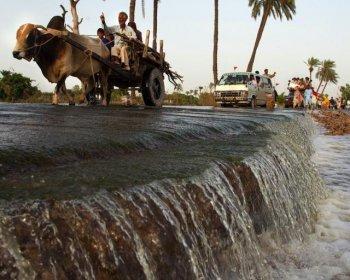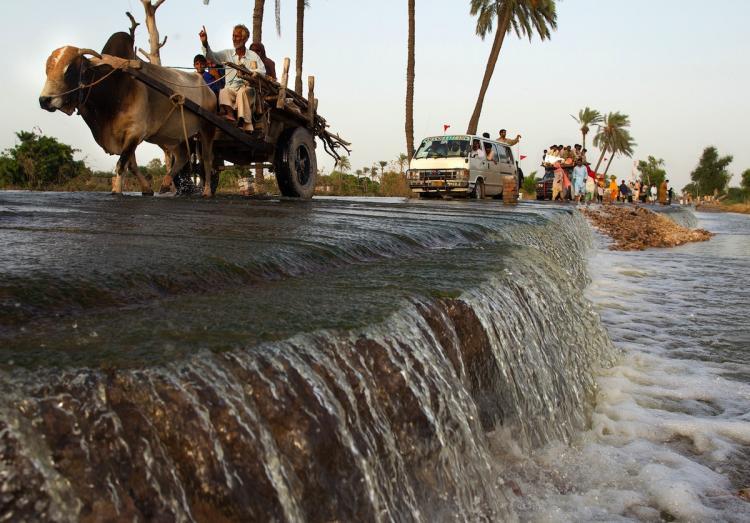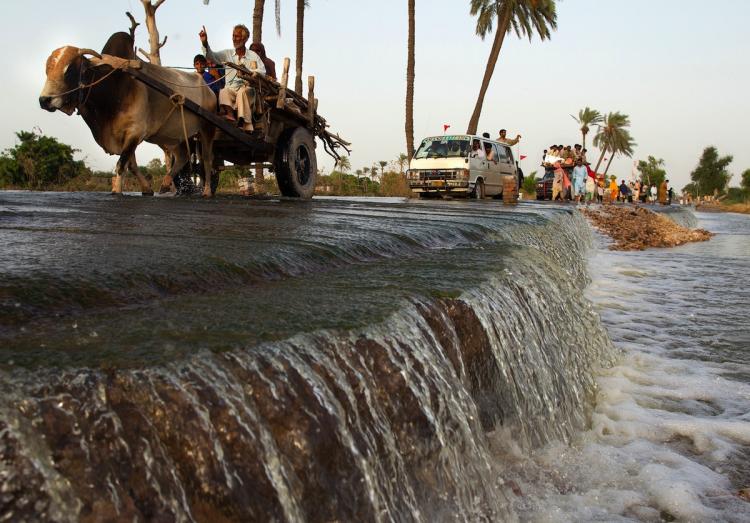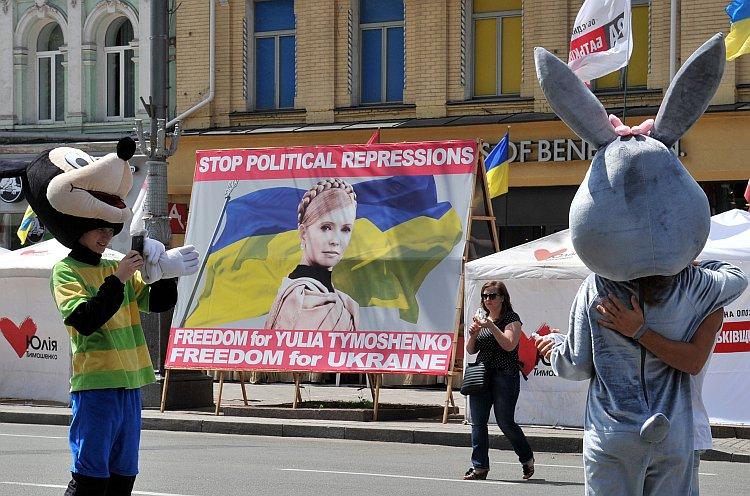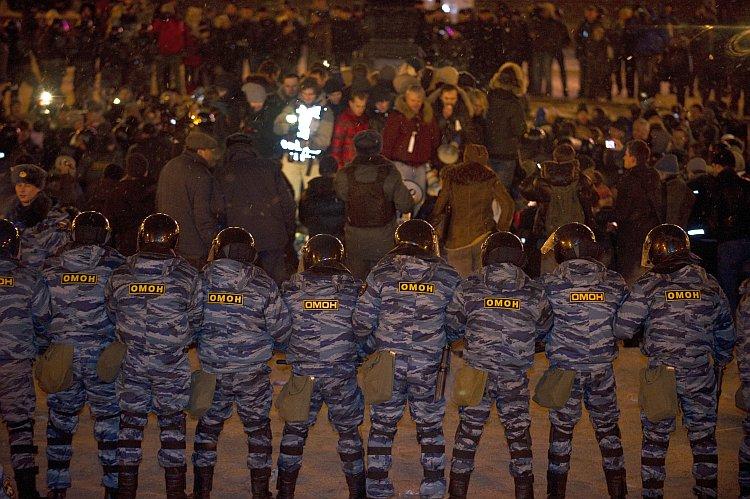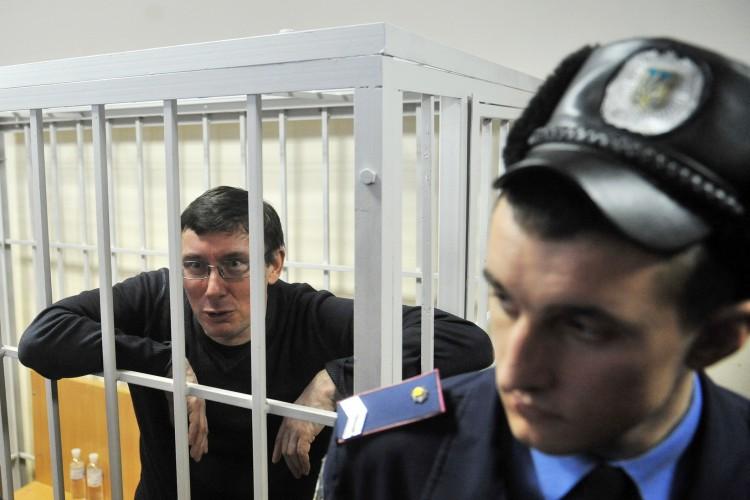Taliban forces in Pakistan hinted on Aug. 26 that they may launch attacks on foreign aid workers that are in the country providing flood relief, calling their presence “unacceptable.”
The group said that there were ulterior motives behind the pledged humanitarian support by the United States, the U.N., and others, but declined to specify what they were.
“No relief is reaching the affected people, and when the victims are not receiving help, then this horde of foreigners is not acceptable to us at all,” Tariq told The Associated Press by telephone from an undisclosed location.
The U.N. said that threats would not deter U.N. staff and other aid organizations from providing humanitarian assistance.
“We would find it inhumane for someone to target us and our work, effectively harming the millions of people whose lives we strive to save,” said Maurizio Giulano, U.N. coordinator of the relief effort.
The United States says that their intelligence also indicates that the Taliban is planning to attack aid workers, as well as government ministries.
“We are conscious of this threat; it is a real threat,” U.S. State Department spokesman P.J. Crowley said on Aug. 26.
“But obviously, to the extent that this is something that extremists in Pakistan are contemplating, it demonstrates their disregard for the welfare of the people of Pakistan,” he said, adding that they will attempt to work around the life-endangering threat.
Aid organizations, including Doctors Without Borders, are going to scale up their aid assistance in areas where thousands have been stranded.
Terrorists detonated three bombs earlier this week, killing at least 36 people.
The attacks are exploiting the already overstretched Pakistani government at a crucial time, as it is caught up in dealing with the recent catastrophic flooding.
No insurgent group has yet claimed responsibility for those murders.
Foreign governments promised US$800 million to help Pakistan administer relief for the victims of the floods, which swept away people, villages, crops, livestock, and property, and which are now also hampering humanitarian efforts.
The U.N. says floods have caused at least 1,600 deaths, destroyed over 1 million homes, and affected about 17 million people.
The group said that there were ulterior motives behind the pledged humanitarian support by the United States, the U.N., and others, but declined to specify what they were.
“No relief is reaching the affected people, and when the victims are not receiving help, then this horde of foreigners is not acceptable to us at all,” Tariq told The Associated Press by telephone from an undisclosed location.
The U.N. said that threats would not deter U.N. staff and other aid organizations from providing humanitarian assistance.
“We would find it inhumane for someone to target us and our work, effectively harming the millions of people whose lives we strive to save,” said Maurizio Giulano, U.N. coordinator of the relief effort.
The United States says that their intelligence also indicates that the Taliban is planning to attack aid workers, as well as government ministries.
“We are conscious of this threat; it is a real threat,” U.S. State Department spokesman P.J. Crowley said on Aug. 26.
“But obviously, to the extent that this is something that extremists in Pakistan are contemplating, it demonstrates their disregard for the welfare of the people of Pakistan,” he said, adding that they will attempt to work around the life-endangering threat.
Aid organizations, including Doctors Without Borders, are going to scale up their aid assistance in areas where thousands have been stranded.
Terrorists detonated three bombs earlier this week, killing at least 36 people.
The attacks are exploiting the already overstretched Pakistani government at a crucial time, as it is caught up in dealing with the recent catastrophic flooding.
No insurgent group has yet claimed responsibility for those murders.
Foreign governments promised US$800 million to help Pakistan administer relief for the victims of the floods, which swept away people, villages, crops, livestock, and property, and which are now also hampering humanitarian efforts.
The U.N. says floods have caused at least 1,600 deaths, destroyed over 1 million homes, and affected about 17 million people.
